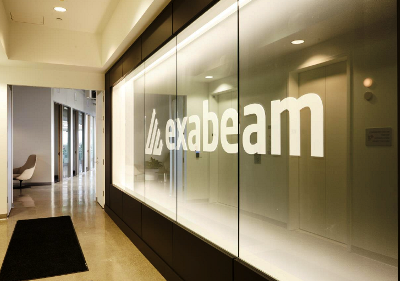For Director General, National Information Technology Development Agency (NITDA), Mallam Kashifu Inuwa Abdullahi, one of the positive outcomes of the COVID-19 pandemic is that it has made Nigerians to realize the key values of Information and Communications Technology (ICT) especially as a tool to close distances and disseminate information.
But this admirable trend has not been without a snag as cybercriminals are on the prowl to defraud unwary internet users.
Everyone online needs to be vigilant said Abdullahi while speaking, this week, at a webinar targtting Nigerian IT & IT security community with the theme, “Back To Basics – COVID-19 & Critical Security Controls”
He said the practice of “work from home” has now become the norm; adding the resultant boom in the use of virtual platforms and increase in online activities by individuals, governments and businesses has led to increase in global internet traffic, Nigeria inclusive.
Organised by the the NITDA in partnership with Africa’s emerging cyber security VAD leader, Spire Solutions, the webinar brought together IT security experts from across the country.
The NITDA’s boss said the guidance from the Ministry of Health urging people to stay at home and enforced social distancing helped to increase the adoption of ICT to a level once unfathomed.
The ICT sector contributed 14.07% to the total real GDP in Q1 2020, higher than its contribution in 2019 (13.32%) and in the preceding quarter, in which it accounted for 13.12% of Nigeria’s GDP, said Abdullahi.
But this encouraging trends have not been without problems. He lamented that cyber crime incidences skyrocketed with social media accounts being hacked, phising emails and other malicious attacks on unsuspecting users have increased rapidly.
“Cybercriminals used the fear and panic as well as unavailability of physical interactions to compromise security of devices and collect personal as well as financial credentials,” Abdullahi lamented.
He tipped that to survive the antics of cybercriminals during the pandemic and post-pandemic, there is need to aggressively ramp up cyber security awareness, inculcate behavioural and cultural changes in online activities and acquire knowledge on how to stay safe online, especially for children.
Google discovered approximately 149, 000 phishing websites, in March alone, which later increased to 552,000 – increasing by 350% since January, said Abdullahi. These phishing websites or emails direct users to malwares like viruses, worms, Trojan horses, ransomware and spyware.
“In Nigeria, we have some fake phishing websites in circulation misleading the public that the federal government has approved the disbursement of funds under a fake name called “Lockdown Funds”. We have investigated and took actions on several of such websites and WhatsApp messages. They claimed to be affiliates of the government requesting personal information like BVN in order to allot government palliatives,” he said.
“There were other claims to provide COVID-19 testing, and redirect individuals to site where they can provide their personal information, promises of investment opportunities; an email offering to supply COVID-19 related equipment it supplies at lower rates,” he added.
He said NITDA as a responsible agency lives up to expectation by providing Nigerians with advisory notes on these incidences. The agency carries out periodic awareness program to enlighten Nigerians on the dos and don’ts in the cyber space.
He stressed that securing cyberspace is a prerequisite to a robust digital economy championed by the Ministry of Communications and Digital Economy under the leadership of Dr Isa Ali Ibrahim Pantami. He implore all Nigerians to be vigilant while online.





























